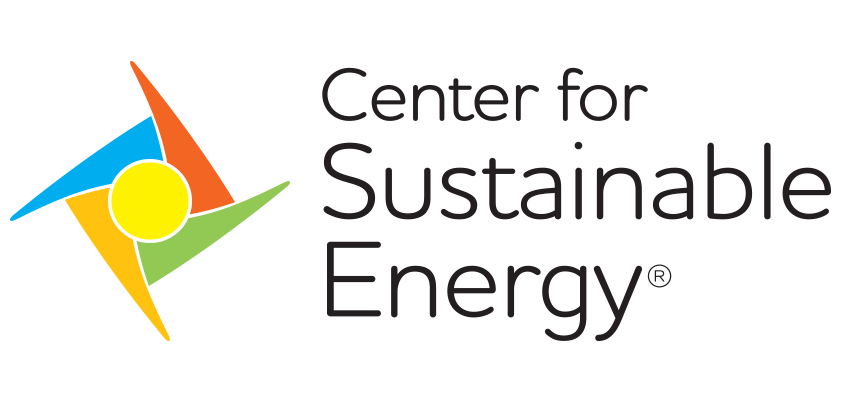As more states seek to advance environmental, health and equity goals, we expect many will pursue policies to promote the adoption of electric vehicles (EVs). To help state policymakers create successful, cost-effective incentive programs tailored to their unique circumstances, the Center for Sustainable Energy (CSE) has developed model EV incentive legislation.
Search Energy Center
Showing 91 - 99 of 398
Building codes and standards are the principal regulatory mechanisms available to state and local governments to decrease energy use in residential and commercial buildings and continue to reduce U.S. carbon emissions.
This is one of the few studies that examines the impact of the US Federal Tax Credit (FTC) on the adoption of plug-in electric vehicles (EVs). To better understand the role of the FTC, this research analyses survey responses from 3,452 recipients of California’s state-wide EV rebate (CVRP) who purchased a plug-in hybrid EV (PHEV) from November 2016…
As increasingly large and intense California wildfires cause power outages or pre-emptive shutdowns for safety, affected communities are looking for more options to keep the lights on.
Energy storage for resilience in California presents challenges for commercial customers looking to justify the significant investment. Many of the engineering obstacles can be overcome through cooperative approaches and creative system configurations.
Energy use in buildings consumes nearly 70% of California's electricity. The Center for Sustainable led a multiyear energy efficiency project at three San Diego libraries to create a blueprint for helping municipal and small commercial buildings reach the goal of zero net energy (ZNE).
Instead of motivating utilities to sell more power, why not reward them for supporting clean energy goals? As more states consider changing how utilities can turn a profit, CSE adviser Steve Weissman outlines the opportunities and challenges of performance-based ratemaking.
Since the “modern” era of electric vehicles (EVs) began in 2009, limited awareness of and access to charging have created real and perceived barriers to broad adoption. Put simply, drivers won’t get EVs until it’s easy, quick and cheap to charge them.
Massachusetts was one of the first states to adopt a comprehensive program to reduce greenhouse gas emissions. Getting more electric vehicles (EVs) on the road is part of the strategy. The Center for Sustainable Energy (CSE) has used its experience managing statewide EV incentive programs to develop and administer the Massachusetts Offers Rebates for Electric Vehicle (MOR-EV) program.

